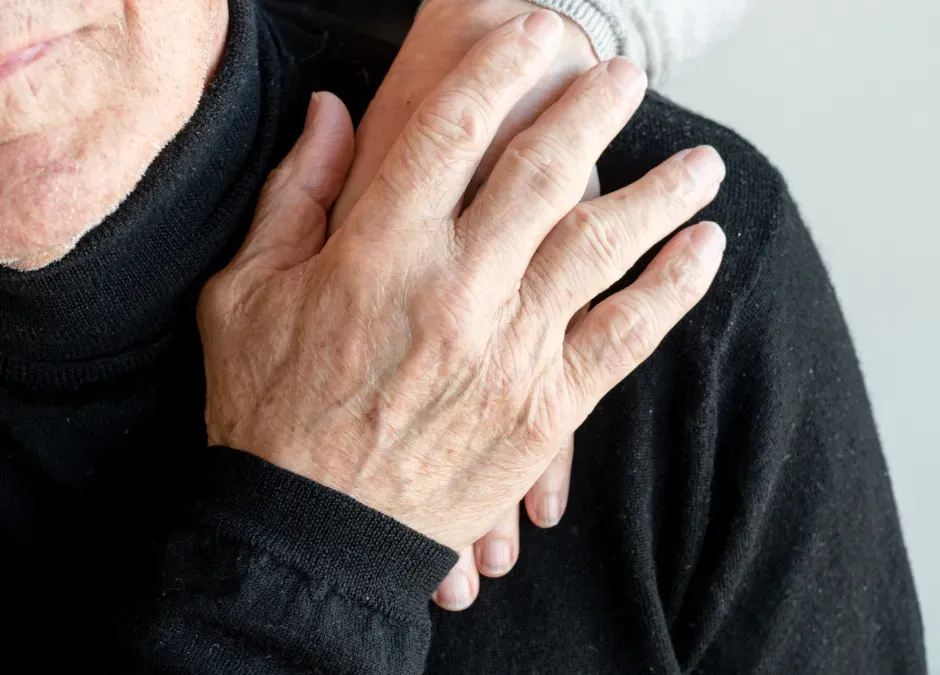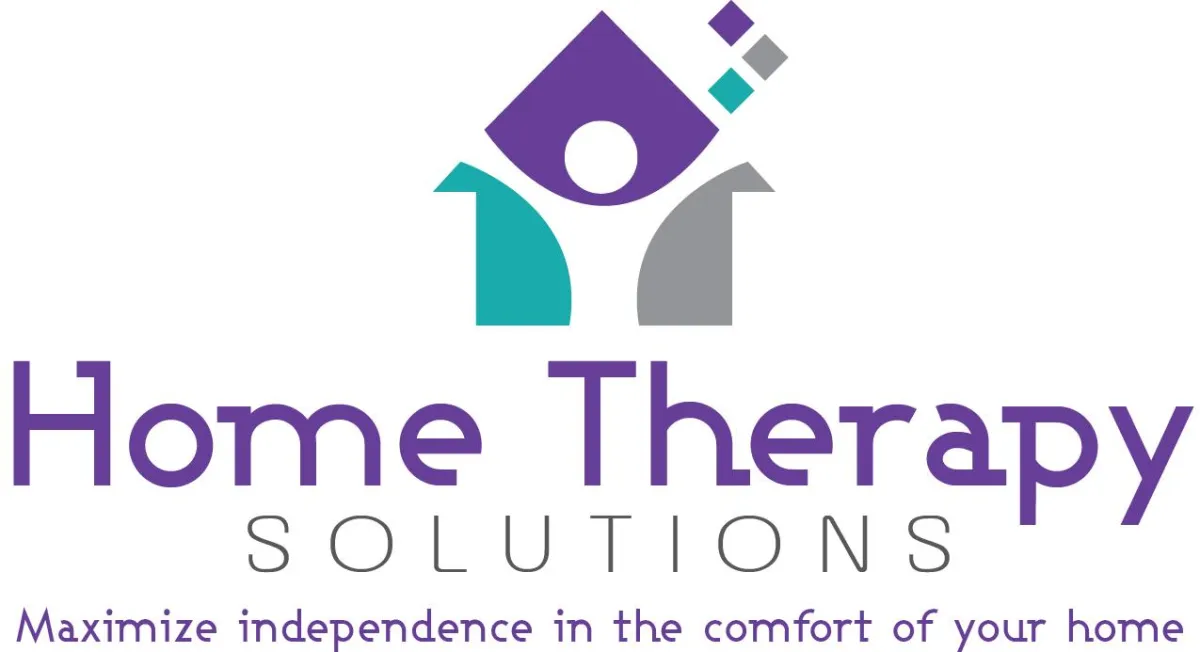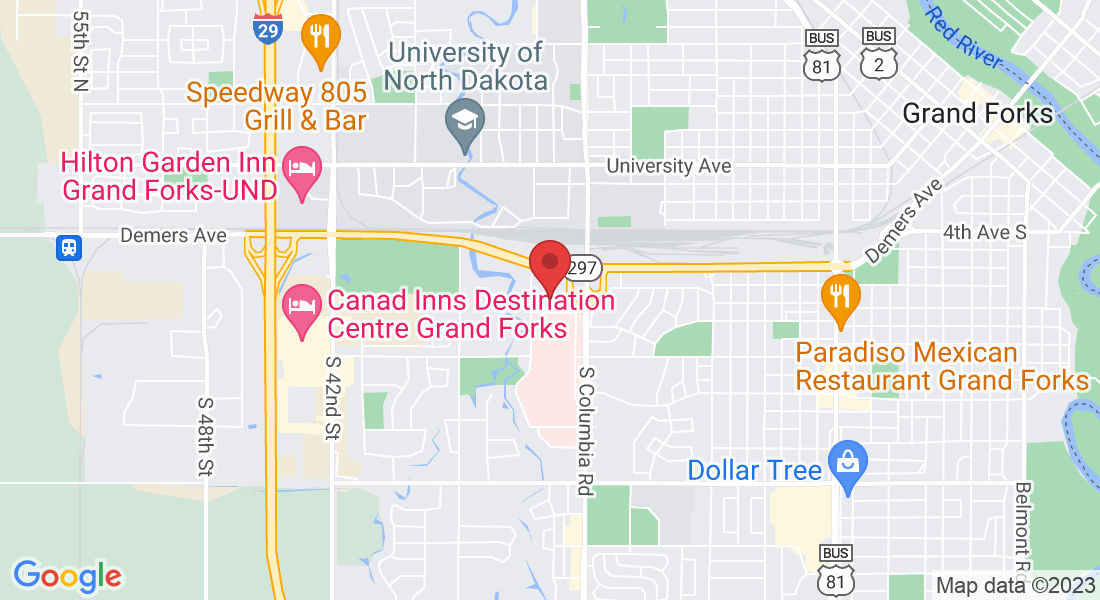
How Can A Caregiver Care For An Older Adult, With Alzheimer’s, And Care For Themselves?
As a caregiver, you have a big responsibility, taking care of another individual. With that responsibility can come stress, exhaustion, frustration, and overwhelming emotions you weren’t anticipating. Individuals who are caregivers for loved ones or friends, may feel a sense of responsibility to their loved one and place their own needs on the backburner. It is very important, as a caregiver, to not only take care of the individual with Alzheimer’s, but to take care of themselves!
Caregiving for older adults with Alzheimer’s, includes many different pieces. Adults with Alzheimer’s may not require much assistance in the early stages of Alzheimer’s, but providing support, companionship, and plans for the future are all areas a caregiver may be needed in the early stages. In the late stages of Alzheimer’s, caregivers are needed for several weeks up to several years, depending on the progression of the disease. Usually late stages of the disease require 24/7 care. (Alzheimer’s Association, n.d.) Being patient and flexible, through the process of this disease, are key factors.
80% of care provided for individuals with Alzheimer’s, is provided by family members! A lot of caregivers of older adults with Alzheimer’s are spouses of the individual and the caregiver themselves is an older adult. Due to the caregivers being older, they have increased risk of injury or medical illness. (Varela et al., 2013)
As an older adult ages, their Alzheimer’s will continue to progress, which will increase a caregiver’s responsibilities. To help reduce stress and challenges, try implementing these tools:
As a caregiver, let the individual with Alzheimer’s participate as much as possible in the daily routine
Make a daily routine. Also allow for flexibility on more difficult days
Schedule more time for tasks, as it make take more time than normal
Provide a couple choices for the individual you are caregiving for
Avoid long or multiple naps during the day. This will help decrease confusion for the older adult with Alzheimer’s, when it comes to days and nights
Limit distractions to decrease confusion
Use simple instructions
(Mayo Clinic, 2021)
To increase self care, here are additional tips:
Spend time with friends
Ask for help
Continue to participate in your hobbies and interests
Exercise
Join a Caregiver support group
Schedule regular doctor appointments
(National Institute on Aging, n.d.)
For additional caregiver resources, visit https://www.alzheimers.gov/life-with-dementia/resources-caregivers
Resources Utilized:
Alzheimer’s Association. (n.d.). Caregiving. Retrieved September 29, 2022, from https://www.alz.org/help-support/caregiving
Varela, G., Varona, L., Anderson, K., & Sansoni, J. (2013). Alzheimer’s Care at Home: A focus on caregivers strain. National Library of Medicine, 64(2), 113–117 (Varela et al., 2013)
Mayo Foundation for Medical Education and Research. (2021, May 25). Alzheimer’s and dementia care: Tips for daily tasks. Mayo Clinic. Retrieved October 3, 2022, from https://www.mayoclinic.org/healthy-lifestyle/caregivers/in-depth/alzheimers-caregiver/art-20047577
Alzheimer’s caregiving. National Institute on Aging. (n.d.). Retrieved October 3, 2022, from https://www.nia.nih.gov/health/alzheimers/caregivingIf you run a website, chances are you already have a blog. And if you don’t, maybe you should start one. A blog can boost your brand awareness, increase conversions, and improve customer service.
About Home Therapy Solutions
Whether you’ve come looking for Specialist Therapy advice because a past failed treatment has let you down, you would prefer to be seen in the comfort of your own home, or you already know that Specialist Therapy advice IS your BEST option, you‘re about to ENJOY the same transformation in your health and wellness as others who have seen proven results in their ability to maintain and increase their independence in their natural environment..
Any of those sound familiar?
If you are not quite ready to go ahead and book a therapy appointment right now, perhaps you have some questions and think it would be good to talk to someone at Home Therapy Solutions first so you can be 100% sure that we can help you, please click the button below and fill out the short form to schedule a call and one of our therapists will answer all the questions you have over the phone, completely for free:
Get In Touch
Email: info@hometherapysolutionsnd.com
Address
Mailing Address: 620 Crescent Drive, Thompson ND 58278
Clinic Address: 749 S 30th St, #23 Grand Forks, ND 58201
Assistance Hours
Mon – Friday 8:00am – 5:00pm
Phone Number:
(218) 217-4738
Office:
749 S 30th St.
Grand Forks, ND 58201
Call:
(218) 217-4738
Email: info@hometherapysolutionsnd.com
Site: hometherapysolutionsnd.com


